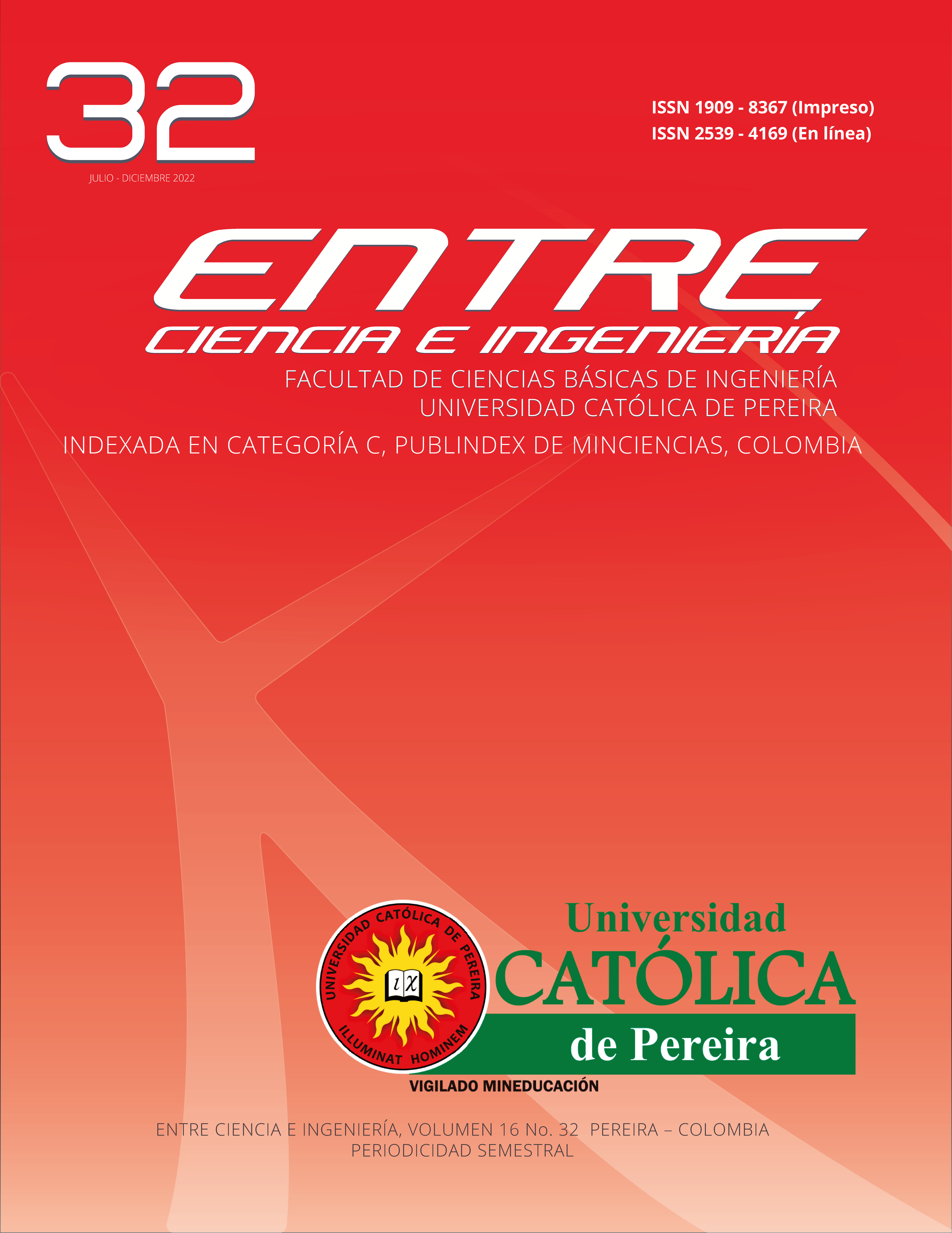Online evaluation for learning in Covid era in Engineering programs: towards a new teachers engineer
DOI:
https://doi.org/10.31908/19098367.2661Keywords:
Covid19, Teaching, Evaluation, Engineering, ICTAbstract
The Covid19 era, with all its restrictions and conditions, has put challenges in all spheres of society and education has not been the exception, especially for teaching engineers who are trained as engineers but work as teachers and who share their knowledge in engineering programs. One of those challenges is the conception, design and performance of evaluations through virtual means. This article addresses some reflections in this regard and proposes a conceptual and practical methodology to be successful in this new environment mediated by ICT. The results raise the need to reconceptualize the evaluation in the disciplinary subjects of engineering. It is concluded that it is possible to achieve even greater learning, if a series of strategies are used that allow the teacher to evaluate fairly, within a coherent framework and making evaluation an instrument for learning.
References
Ministerio de Educación Nacional, Compendio Estadístico de la Educación Superior Colombiana, Bogotá: Imprenta Nacional, 2016.
A. Blackman, A. Ibañez, A. Izquierdo, Ph. Keefer et al. La política pública frente al Covid-19, Buenos Aires: BID, 2020.
M. Annanth, «Humanities and Engineering Education,» 23 Marzo 2016. [En línea]. Available: http://www.t5eiitm.org/2016/03/importance-humanities-engineering-education/. [Último acceso: 18 08 2018].
F. M. N. Púñez, «Evaluacón para el aprendizaje: una propuesta para una cultura evaluativa,» Horizonte de la Ciencia, pp. 87-96, Julio 2015.
F. Diaz Barriga y G. Hernandez Rojas, Estrategias docentes para un aprendizaje significativo, México: McGraw Hill, 2002.
O. I. Trejos Buriticá, Significado y Competencias, Pereira (Risaralda) - Colombia: Editorial Papiro, 2012, p. 127.
G. Bugliarello, The social function of Engineering: A current assessment, New York: Engineering as a Social Enterprise. National Academy Press, 2002.
J. S. Bruner, Actos de Significado, Madrid - España: Alianza Editorial, 2009, p. 168p.
A. Gonzalez y L. Palomeque, «Integración de estrategias didácticas y neurocientíficas para mejorar la motivación y el aprendizaje en cursos de química básica,» Revista Entre Ciencia e Ingeniería, vol. 11, nº 11, pp. pp. 89-94, Junio 2017.
J. Alves, N. Lima y G. Alves, «Adjusting higher education competencies to companies professional needs,» International Journal of human capital and information technology professionals, vol. 8, nº 1, pp. 66-77, 2017.
Cepal, «La educación en tiempos de la pandemia de Covid-19,» Cepal Unesco, New York, 2020.
K. Schwab y T. Malleret, Covid-19: the great reset, Zurich (Suiza): Agentur Schweiz, 2020.
J. Ben Haim, «Why the best engineers should study Humanities,» The international journal of mechanical engineering education, vol. 28, pp. 195 - 200, 2000.
C. Vilaplana, «The role of ICT for supporting relationships between students. Evidence for Spain.,» 2n International Conference on Higher Educational Advances, vol. Head 16, pp. 123 - 130, junio 2016.
S. Chukaew, P. Panjaburee y et al., «A personalized e-learning environment to promote students conceptual learning on basic computer programming,» 5th World Conference on Educational Sciences, pp. 815 - 819, 2014.
F. Reimers, Learning Education through Covid-19, Boston, MA: Independent Press, 2020.
M. Strawser, Higher Education Implications for Teaching and Learning during COVID-19, London, UK: Lexington Books, 2022








 Revista Entre Ciencia e Ingeniería
Revista Entre Ciencia e Ingeniería .png) entrecei@ucp.edu.co
entrecei@ucp.edu.co.png) ISSN (Impreso) 1909-8367 - ISSN (En Línea) 2539-4169
ISSN (Impreso) 1909-8367 - ISSN (En Línea) 2539-4169 Attribution-NonCommercial 4.0 International (CC By-NC 4.0)
Attribution-NonCommercial 4.0 International (CC By-NC 4.0)
.png) Carrera 21 No. 49-95 Av. de las Américas, Pereira, Risaralda, Colombia
Carrera 21 No. 49-95 Av. de las Américas, Pereira, Risaralda, Colombia